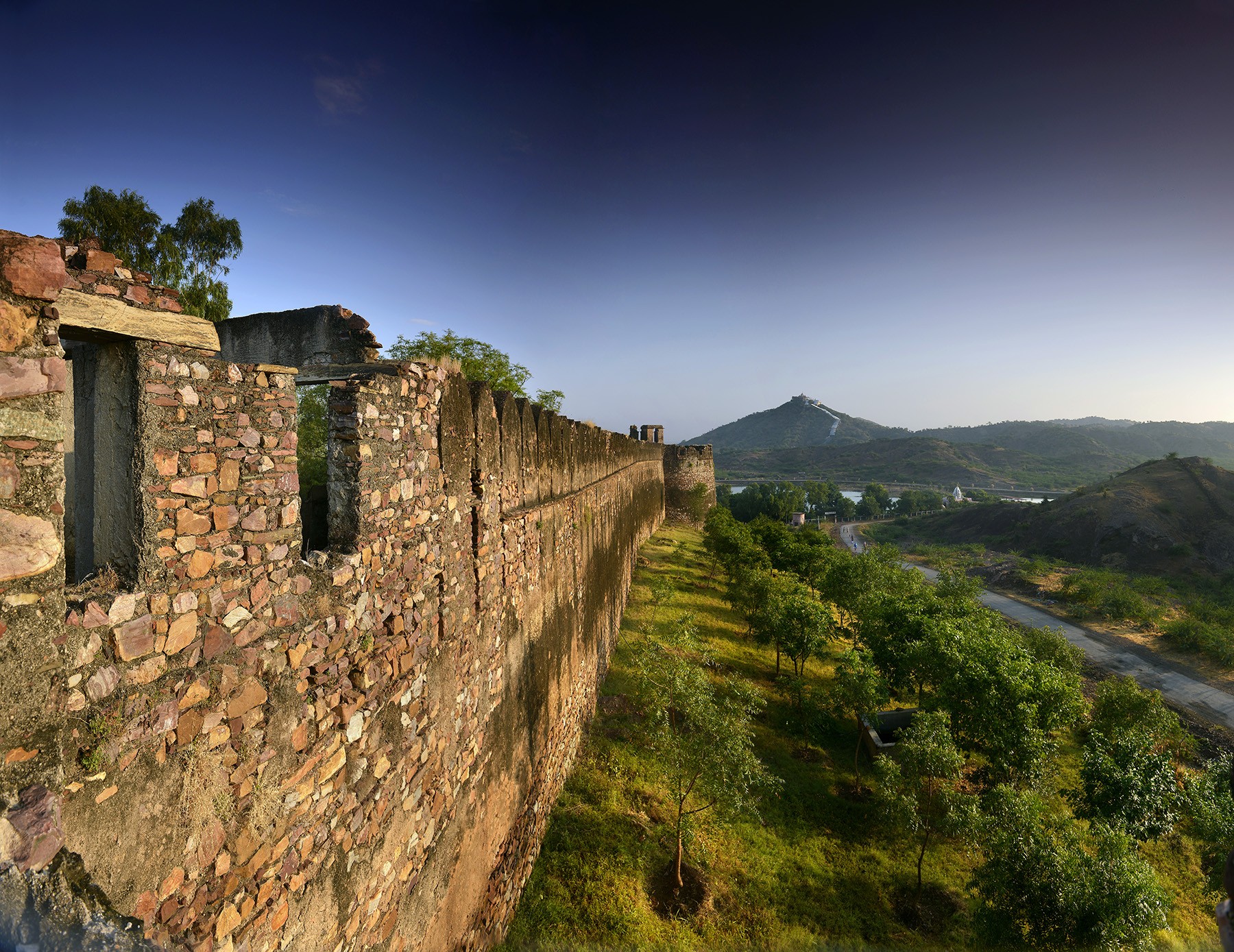The internet and social media have empowered travellers, says AccorHotels Asia-Pacific CEO

Michael Issenberg fronts an expanding group that has its finger on the pulse of the travel industry
Boasting a portfolio 4,195 hotels, as of June 2017, and an expanding portfolio, AccorHotels Group has its finger on the pulse of the travel industry.
Over the past two years, the group has gone from strength to strength, thanks to some well-timed strategic acquisitions. Highlighted deals include acquisitions of luxury hotel brands such as Raffles, Fairmont and Swissôtel, and long-term partnerships with established hotel groups like Banyan Tree.
Apart from targeting hotels, AccorHotels has also acquired key players in the serviced home rentals and concierge service sectors, including Onefinestay, TravelKeys and Potel & Chabot. These acquisitions and mergers have added to the breadth and depth of service the group can offer its guests.
And it plans to grow even further.
In Asia-Pacific, it already has 180 luxury hotels (Raffles, Fairmont, Sofitel, MGallery, Pullman and Swissotel) under its umbrella, of which 65 are located in China. In the pipeline are a further 75 luxury hotels for Asia-Pacific, of which 35 will be in China, as of December 2017.
We met Michael Issenberg, chairman and CEO of AccorHotels Asia-Pacific, and discussed with him the importance of China to the group, how he sees travel evolving in the future, and how important it is for a group such as AccorHotels to cater to millennials.

Why is China and the Asia-Pacific so important to AccorHotels?
Just the sheer volume of travel, particularly [within] Asia-Pacific – last year there were 122 million outbound visits [from China] for travel, and 85 per cent of those went to Asia-Pacific. So the volume of travellers from China [is quite high]. The fastest-growing place for hotels is China.






